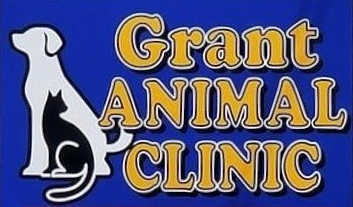When dog owners observe their dog exhibiting limping in a hind limb, a very common assumption by the owner is that the lameness is the result of an injury to the hip. While injuries or malformations (dysplasia) of the hip legitimately occur, statistically, injuries and malformations that create instability of the dog knee joint are the significantly more common source for hind leg limping in dogs.
From an injury standpoint, the most common injury of the dog knee is rupture of the cranial cruciate ligament. The CCL for dogs, as it is commonly referred to, serves the same purpose as the ACL (anterior cruciate ligament) serves for people, as the major stabilizing ligament of the canine knee. Rupture of the CCL in dogs causes gross instability of the knee which leads to chronic pain, inflammation, and eventually left untreated, degenerative joint disease (a severe form of arthritis).
From an inherited malformation standpoint, the most common source of dog knee instability is medially luxating patella. With this disease, a bow legged confirmation (aka, Angular Limb Deformity) causes the patella, commonly called the knee cap, to dislocate, leading to instability, pain, and inflammation. Left untreated, medially luxating patella leads to not only degenerative joint disease, but also predisposes to injury to deeper structures within the dog knee, such as the CCL.
The doctors of Grant Animal Clinic are trained to recognize, diagnose, and surgically repair injuries and malformations of the canine knee through clinical history, orthopedic examination, and digital x-rays. Dog knee surgery is a special interest of Grant Animal Clinic General Partner and Attending Veterinarian, Dr. Roger Welton. Prior to veterinary school graduation, Dr. Welton completed two orthopedic surgery rotations at the prestigious Animal Medical Center in New York City (in addition to his required orthopedic clinical rotation at University of Illinois, College of Veterinary Medicine). In addition to performing dog knee surgery since he graduated in veterinary school in 2002, Dr. Welton has also since earned two post doctoral certifications in reconstructive surgery of the canine knee. He has since trained Grant Animal Clinica doctors in the most cutting edge dog knee surgery techniques, using the most state of the art surgical equipment and hardware.
